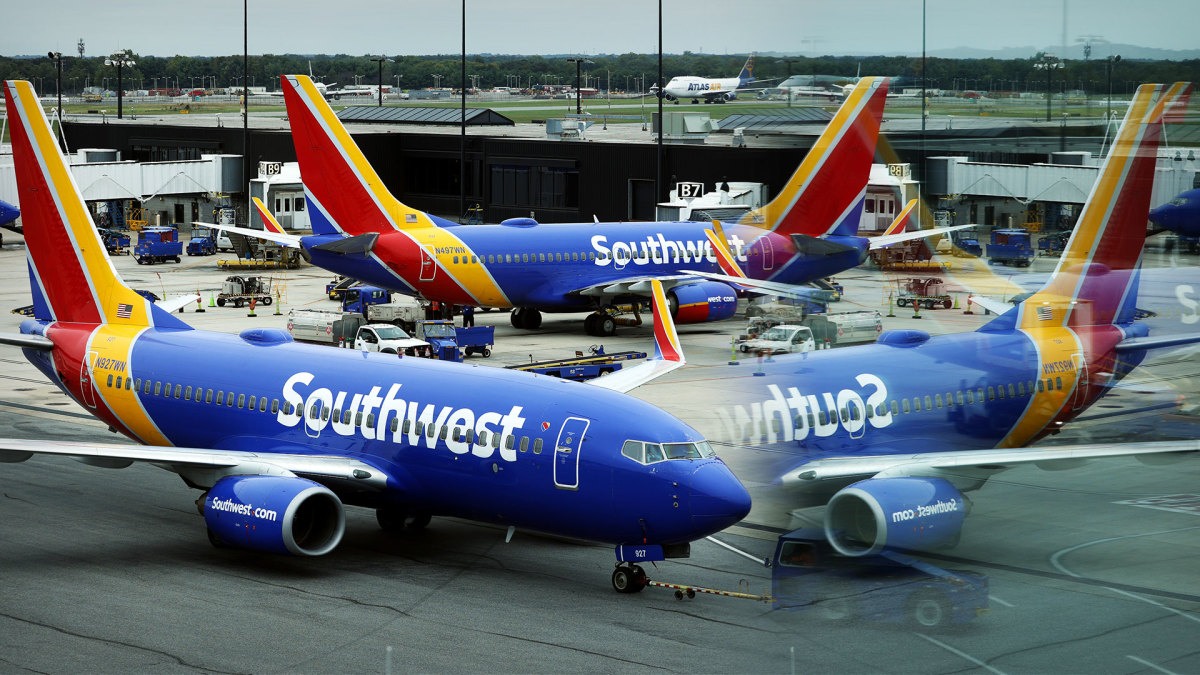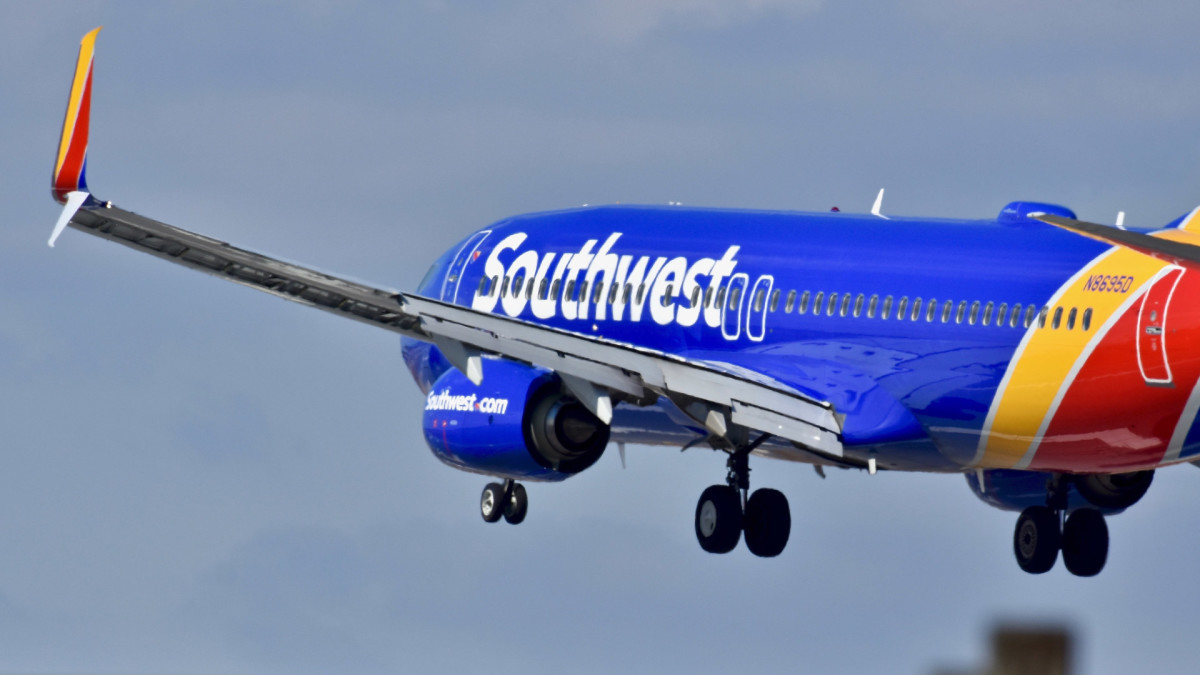
Usually, when one major airline signs a contract with a labor union, that sets a standard that all of its competitors can follow. In recent months, United Airlines, Delta Airlines, and American Airlines have all reached new contracts with their pilots' unions.
Those weren't easy deals to reach. Pilots are in high demand with their ranks thinning after the covid pandemic and not enough trained people to fill every slot.
DON'T MISS: Southwest Airlines' move risks a Bud Light-style backlash
The lack of options for airlines allowed the pilots for all three of these airlines to land new contracts with large raises. All three deals followed roughly the same parameters, and, while they were not easy agreements to reach, both the unions and the pilots understood that a deal had to be made.
Southwest Airlines (LUV) -) pilots do not feel the same way. In fact, after 3 1/2 years of negotiation, which includes the currently mandated federal mediation, the Southwest Airlines Pilot Association (SWAPA) voted overwhelmingly (99%) if favor of striking.
That's not legal as long as federal mediators refuse to release SWAPA from negotiations — something the union has asked for — but with the airline and the union far apart, Southwest's customers should be very concerned.
Investors are concerned. Southwest shares are down 24.6% since July 11 and are off 12.3% this year.
The issue here is not compensation. Those numbers are largely settled due to the American (AAL) -), United (UAL) -), and Delta Airlines (DAL) -) deals. Instead, the concerns go much deeper, according to SWAPA President Casey Murray who answered questions from TheStreet via email.

Image source: Shutterstock
Southwest Airlines pilots have deep concerns
Murray laid out what the union wants, and he was very clear that salary was not the focus of SWAPA's demands.
The union, he said, started its contract negotiations with four key focus areas:
- Compensation
- Retirement
- Long-term/short-term disability
- Scheduling and productivity.
Murray believes that the contracts other pilot unions have reached set the pay and retirement standards, which Southwest has to meet.
"Our peers and the market have driven the pay and retirement aspect. SWA has to address those if they want to recruit and retain the best, most qualified pilots. To date, in just 2023, Southwest has lost 220 pilots to our peers as they search for better pay and scheduling stability. 220 represents millions of dollars of training costs and lost simulator and instructor time that is perishable and never to be regained. As such, SWA has dozens of airplanes parked due to lack of crews," he wrote.
The union president also criticized the airline for not offering the same benefits as its rivals.
"SWA is the ONLY airline that doesn’t provide long-term or short-term disability for its pilots and their medicals. As such SWAPA provides that benefit and it’s paid for by our pilots," he shared.
This is the biggest issue for Southwest's pilots
While those are serious divides between the airline and its pilots, pay, retirement, and disability are not the biggest problems between Southwest and SWAPA.
The biggest problem is scheduling and productivity.
Scheduling relates to how SWA connects pilots to airplanes. "This is the main driver of customer dissatisfaction with delays and canceled flights," Murray wrote. "It’s also the direct cause of multiple major meltdowns SWA has suffered over the years culminating in the largest meltdown in aviation history. This inefficiency must be corrected," Murray wrote.
The union has been very critical of Southwest and blamed the airline's lack of investment for its holiday meltdown, Murray said in his email.
"SWAPA pilots are the most productive pilots in the world. But we have seen that efficiency plummet in recent years due to mismanagement at the scheduling level," he wrote. "Our pilots have zero expectation of flying what they bid due to the overwhelming number of reassignments which is the main driver, as stated above, of our flight, and ultimately, customer delays."
The numbers he shared are staggering.
"Last year our pilots lost 35,000 days off as they were involuntarily forced to work on off days. July of 2023 marked the highest number of fatigue calls in SWA history. The scheduling system MUST be corrected if SWA is to excel. Today SWA is focused on not failing through schedule reductions and preemptive cancellations and as such, can never win when the focus is not failing," he added.
Southwest sent the following statement to TheStreet in a previous request to comment on its labor issues with SWAPA. The statement was attributed to Adam Carlisle, vice president of Labor Relations.
"We feel confident that the mediation process will continue driving us even closer to a final agreement that rewards our Pilots and supports our business. We have a 52-year history of taking care of Southwest employees, and we look forward to continuing that legacy," Carlisle's statement said. "We feel it’s important to note: Southwest has been in negotiations for a new Pilot contract about one year less than several other carriers that have recently announced agreements."
Murray closed out his email with the following comment:
"SWAPA is the only labor union in the world not trying to get paid more by doing less. What has always set SWAPA pilots apart from our peers is our productivity. As such, our scheduling sections remain our primary focus. At the end of the day, our pilots’ success can only be measured by Southwest’s success," he shared.







